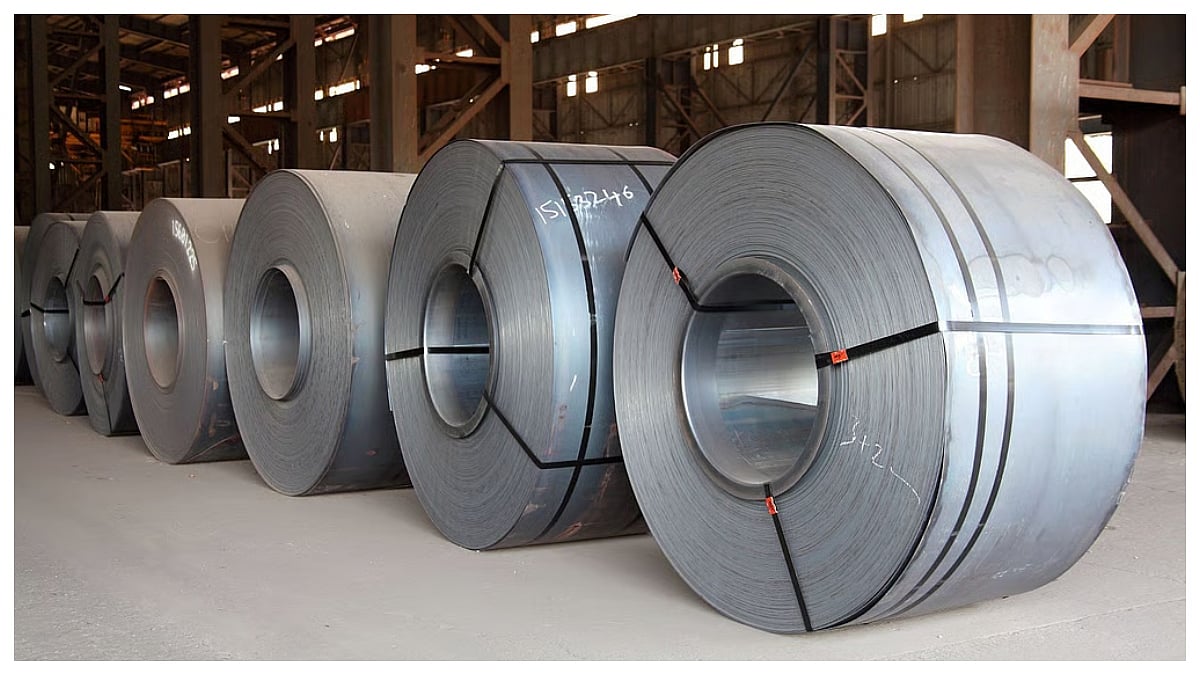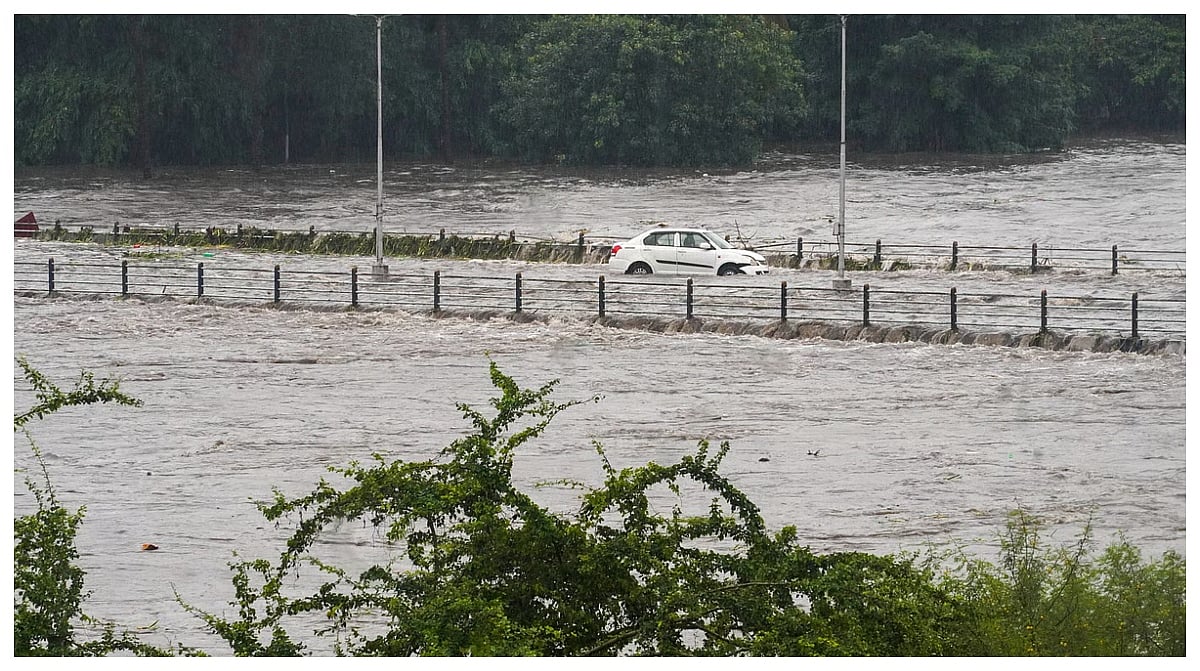Amid fears of slowdown in China's, the second largest economy's consumption, its neighbour and one of the largest and advanced economies in the world has brought some more bad news. The Japanese economy has contracted, pushing the the land of the rising sun into recession. This has resulted in the country losing its position as the world's third largest economy to Germany.
Japan in Technical Recession
This is deemed as technical recession, a technical recession is defined as two consecutive quarters of negative growth in the real GDP.
The primary markers of progress in the modern-day economics, the Gross domestic product of Japan shrank at an annualized pace of 0.4 per cent in the last three months of 2023, the Cabinet Office said on Thursday, after witnessing a decline in the previous quarter.
According to the news reports, the Asian economy slipped into recession because of weak domestic consumption. This is eerily similar to the existing conditions in China, that has seen a drop, not only in its CPI (consumer Price Index), but also its PPI (Producer Price Index). In Japan, private consumption accounts for half of the economy. This indicator declined by 0.2 per cent, as Japanese consumers grappled with higher prices for food, fuel and other goods.
Potential reasons behind the slump
The dependence of the Island-nation's economy on import of fuel and other imperative goods is also attributed by analysts as a factor. This, as the country imports 94 per cent of its energy requirements and 63 per cent of its food. The Japanese currency historically has traded lower than major currencies around the world, including the US. This although has helped them with exports, is also counterproductive, as it draws the purchasing power of its citizens back, apart from making imports exorbitant.
The beginning of 2024 was not any good for the Japanese, as natural disasters in January held consumers from spending, as is often seen during times of crises.
Meanwhile, the German economy, that finds itself in the pole-position as the third-largest economy is also going through a rough patch, vis-a-vis its reduced output, linked to a decline in domestic and most crucially international demand for its high-end goods. This coupled with Germany's inability to find more reliable alternatives to Russian gas has also put a lot of pressure on the European machine.











